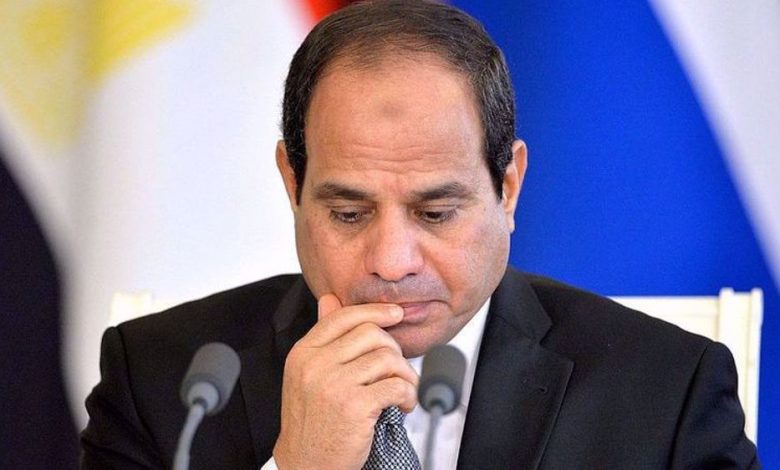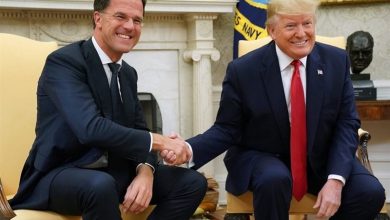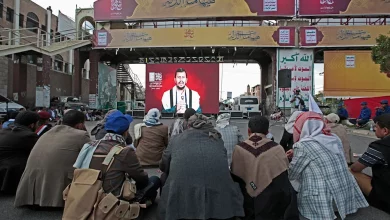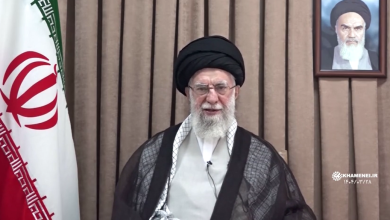Dozens of countries urge Egypt to end crackdown on critics

Dozens of countries have told the United Nations (UN) that Egypt must stop using anti-terror laws to gag human rights and civil society activism.
In a joint statement issued on Friday at the United Nations Human Rights Council (UNHRC), 31 Western countries expressed concern about the restrictions on political opponents, rights activists, and journalists in Egypt.
The statement — whose signatories were mainly European countries in addition to the United States, Canada, Australia, and New Zealand — marked a rare oral rebuke of Egypt since 2014.
They expressed alarm at “the application of terrorism legislation against peaceful critics,” urging Cairo to stop using terrorism charges to keep activists in pre-trial detention indefinitely.
“We urge Egypt to guarantee space for civil society — including human rights defenders — to work without fear of intimidation, harassment, arrest, detention or any other form of reprisal,” Finland’s Ambassador to the UN in Geneva Kirsti Kauppi said via video link, reading out the joint statement.
“That includes lifting travel bans and asset freezes against human rights defenders — including EIPR staff,” she added, referring to the case of the Egyptian Initiative for Personal Rights (EIPR), a rights organization that saw three staffers arrested last November and was charged with terrorism after a meeting with foreign diplomats in Cairo.
The EIPR’s activists were released following a global outcry.
The countries also called on Egyptian authorities to “lift restrictions on media and digital freedom,” and to release all the journalists who have been detained in the course of practicing their profession.
The statement was welcomed by rights groups, which described it as long overdue.
The statement “ends years of a lack of collective action at the UN Human Rights Council on Egypt, despite the sharply deteriorating human rights situation,” Bahey Hassan, head of the Cairo Institute for Human Rights Studies, said in a joint statement with nine other national and international rights groups.
Egyptian President Abdel Fattah el-Sisi came to power in June 2014, one year after he led the military to oust President Mohamed Morsi in a coup. He served as the defense minister in Morsi’s government before orchestrating the coup.
Human rights groups and activists have constantly accused Sisi of violating public freedoms and suppressing opponents.
According to rights groups, an estimated 60,000 political prisoners are being held in Egyptian jails.
Despite Sisi’s bleak human rights record, France awarded the Egyptian president with the Grand Cross of the Legion of Honor last year, and the administration of US President Joe Biden approved an arms sale worth nearly $200 million to the North African country.







